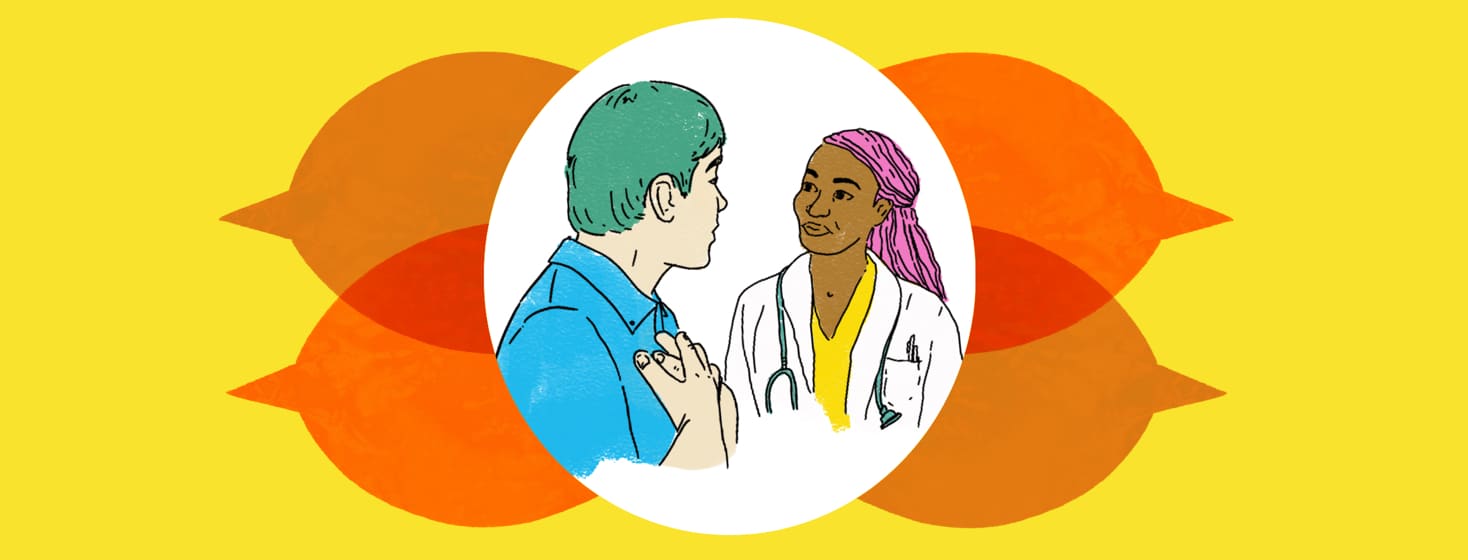A Caregiver's Guide to Explaining a Rare Disease Diagnosis
As our family's rare disease community (VAMP2) continues to grow, I am often frustrated with the healthcare providers who are giving this diagnosis to new families.
I feel that they believe their job is to give the "diagnosis" and that's it. They often ignore the importance of doing extensive research on not only published papers but also the community itself.
Sharing a caregiver's experience to bridge the gap
I will never claim to be a medical professional, as I learn something new every day. However, I will give myself credit for being a rare mom who is not only trying to help her son but also many other children around the world. Through my son's diagnosis and our story, I have been able to gain knowledge and make a difference globally. I am dedicated and passionate, and I am in this for life.
My goal is to help the medical team meet us caregivers and patients and families where we are. I want them to do everything they can to understand the day-to-day of living with these horrible rare diseases. We're more than a diagnosis, and it's time to fight for our rights.
1. Organize and share rare disease resources
Collecting concise and reliable information about my son's rare disease helps spread awareness. Having these resources easily accessible during doctor's appointments and hospital stays allows me to educate healthcare providers on an ongoing basis.
I have a folder on both my iPad and computer so that no matter what technology I have on me, I can access the information I need. Some of the visuals I have accessible include de-identified data of patients, educational brochures, published papers, and disease-specific websites.
2. Communicate challenges and fears openly
The medical team relies on caregivers to provide information on their children with rare diseases. By sharing the difficult aspects of your disease, you are allowing them to accurately assess your symptoms and form a treatment plan specifically for your child.
It has taken me many years to be okay with addressing my fears**. But** once I was able to accurately address them, it made a difference. Even if you don't know what your fears are, do the best that you can. Sometimes we are just scared, and that's okay.
For me, I am afraid of seizures. I am also afraid of regression. Being vulnerable through my story has allowed me to grow my friendship circle and meet other caregivers I may have never met before.
3. Facilitate expert connections
Making connections in the rare disease community is crucial to improving the quality of life for patients and families. If you have the resources and the time to connect your healthcare providers to an expert on your disease, it can make a world of difference.
during our last hospital stay, we were fortunate enough to have a neurologist pick up on unique findings in my son's electroencephalogram (EEG). These findings were very similar to another rare disease.
As his mom, I didn't really understand the exact findings. However, I knew that the research teams I worked closely with would. I immediately connected her with the team, and she will now be included in the research. Collaborations like this can truly improve outcomes for patients and families and the quality of care.
What about you?
As a caregiver or patient, what do you feel is your biggest frustration during appointments and hospital stays? What do you do to advocate for yourself? Share with us in the comments below.

Join the conversation